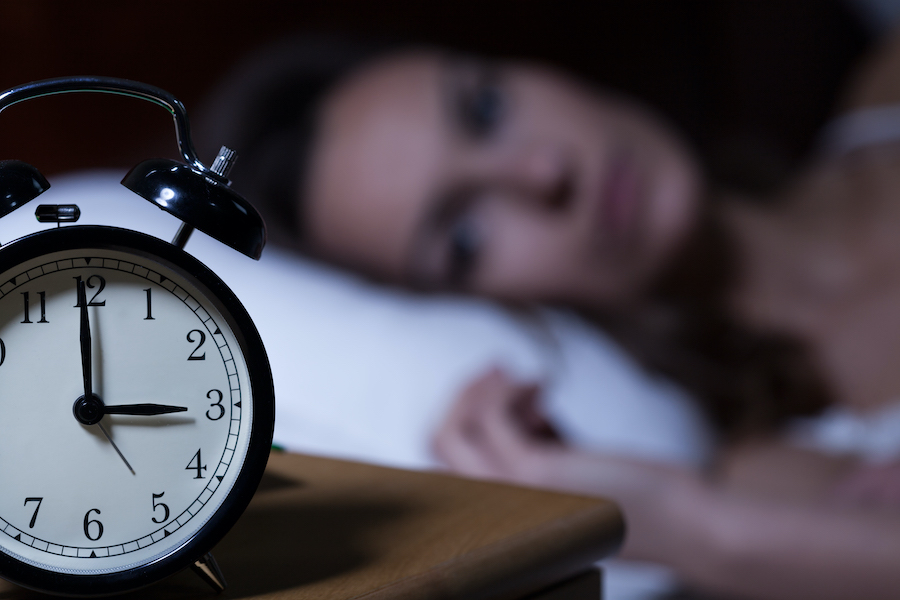Sleep is a foundational pillar of wellness.
Sleep is essential for maintaining overall health, particularly for the brain. During sleep, the brain undergoes vital processes that contribute to memory consolidation, cognitive function, and emotional regulation. One key function is the brain’s “cleaning” process: the glymphatic system becomes more active, clearing away waste products like beta-amyloid, which accumulates during wakefulness and is linked to Alzheimer’s disease. Sleep also strengthens neural connections, which is critical for learning and problem-solving. Furthermore, deep sleep helps regulate neurotransmitters and hormones, such as serotonin and cortisol, that influence mood and stress. Without adequate sleep, the brain struggles to function optimally, leading to impaired memory, decreased attention, and emotional instability.
What is sleep hygiene?
Sleep hygiene refers to a set of practices and habits that promote quality sleep and overall well-being. Key components include maintaining a consistent sleep schedule by going to bed and waking up at the same time each day, which helps regulate the body’s internal clock. Creating a restful environment is also crucial; this involves keeping the bedroom dark, quiet, and cool, and using comfortable bedding. Limiting exposure to screens and bright lights before bed is important, as the blue light emitted by devices can interfere with melatonin production. Establishing a relaxing bedtime routine, such as reading or meditation, can help signal to the body that it’s time to wind down. Additionally, avoiding stimulants like caffeine, nicotine, and heavy meals close to bedtime can prevent disruptions to sleep. Finally, regular physical activity during the day promotes better sleep, but vigorous exercise should be avoided in the hours leading up to bedtime. Together, these elements form the foundation of good sleep hygiene.
Consistency is Key
Key components include maintaining a consistent sleep schedule by going to bed and waking up at the same time each day, which helps regulate the body’s internal clock. Establishing a relaxing bedtime routine, such as reading or meditation, can help signal to the body that it’s time to wind down.
What is sleep hygiene?
Sleep hygiene refers to a set of practices and habits that promote quality sleep and overall well-being. Key components include maintaining a consistent sleep schedule by going to bed and waking up at the same time each day, which helps regulate the body’s internal clock. Creating a restful environment is also crucial; this involves keeping the bedroom dark, quiet, and cool, and using comfortable bedding. Limiting exposure to screens and bright lights before bed is important, as the blue light emitted by devices can interfere with melatonin production. Establishing a relaxing bedtime routine, such as reading or meditation, can help signal to the body that it’s time to wind down. Additionally, avoiding stimulants like caffeine, nicotine, and heavy meals close to bedtime can prevent disruptions to sleep. Finally, regular physical activity during the day promotes better sleep, but vigorous exercise should be avoided in the hours leading up to bedtime. Together, these elements form the foundation of good sleep hygiene.
What is sleep hygiene?
Sleep hygiene refers to a set of practices and habits that promote quality sleep and overall well-being. Key components include maintaining a consistent sleep schedule by going to bed and waking up at the same time each day, which helps regulate the body’s internal clock. Creating a restful environment is also crucial; this involves keeping the bedroom dark, quiet, and cool, and using comfortable bedding. Limiting exposure to screens and bright lights before bed is important, as the blue light emitted by devices can interfere with melatonin production. Establishing a relaxing bedtime routine, such as reading or meditation, can help signal to the body that it’s time to wind down. Additionally, avoiding stimulants like caffeine, nicotine, and heavy meals close to bedtime can prevent disruptions to sleep. Finally, regular physical activity during the day promotes better sleep, but vigorous exercise should be avoided in the hours leading up to bedtime. Together, these elements form the foundation of good sleep hygiene.



0 Comments